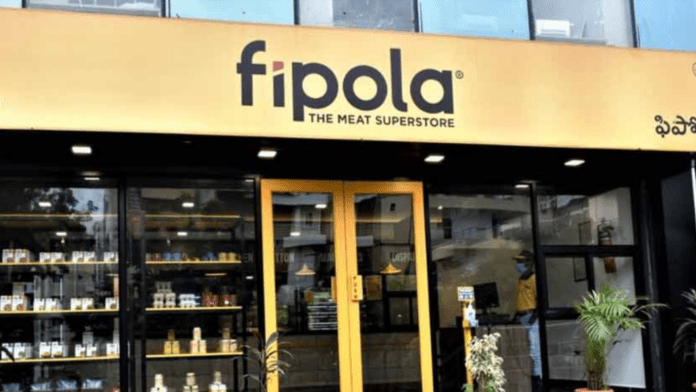Online D2C and retail meat brand Fipola has shut operations as the brand failed to raise capital due to the unfavourable market conditions. As of December 2021, it had 48 stores across Chennai, Coimbatore, Hyderabad, Vellore, Puducherry and Bengaluru.
It has plans of expansion with INR 40 Cr infusion, as announced in 2022 with Actress Nayanthara as Brand Ambassador.
Fipola’s closure is a blow to the Indian startup ecosystem, which has seen a difficult funding environment in recent times. Several startups across various sectors have struggled to secure investments, leading to many of them shutting down or downsizing their operations.
Fipola’s demise is notable since it was a promising player in the D2C meat delivery segment, which has seen significant growth in recent years. The company’s plans to expand to 250 stores by the end of 2023 showcased its ambitious goals, but the inability to raise funds and the unfavorable market conditions proved too challenging.
The startup’s founder said, “We are not able to raise the required funds due to the bad market. We have moved to liquidate the assets of the company. As already informed, we are an asset-rich company and not a tech startup. We have informed everyone and our channel partners, vendors etc. that the liquidation process has begun and that everyone shall be settled by April.”
The legal notice from operational creditors and the non-payment of salaries to employees highlights the challenges faced by the company in its final days. The closure also leaves many customers and employees in a lurch, with the former unable to access the app and the latter unpaid for two months.
The closure of Fipola and other VC-funded startups is an indication of the funding winter that has gripped India’s startup ecosystem. Several factors have contributed to the funding crunch, including the COVID-19 pandemic’s impact, regulatory changes, and investor caution towards startups.
However, experts remain optimistic about the future of the Indian startup ecosystem, given its resilience and the government’s efforts to promote entrepreneurship. With continued support from investors and the government, the ecosystem is expected to bounce back, and promising startups like Fipola could rise again.



